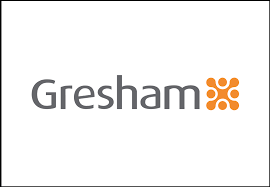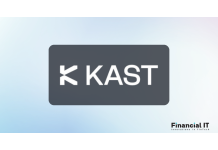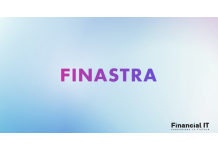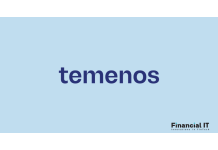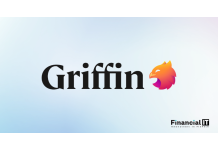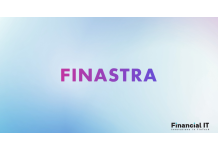KAST Adds $MOVE Rewards As It Expands Premium Neobank...
- 23.12.2025 11:05 am
Finastra Expands Global Footprint with New U.S. and...
- 22.12.2025 03:10 pm
Post Office Secures Five-Year Agreement To Continue...
- 22.12.2025 09:05 am
COONECTA Taps BPC’s Next-Generation Platform to...
- 18.12.2025 12:05 pm
Barclays Announces Collaboration with ExpectAI
- 18.12.2025 09:35 am
SMB Banking Platform Lili Sets the Standard for Five-...
- 18.12.2025 09:35 am
Temenos Named a Leader in Everest Group Peak Matrix®...
- 18.12.2025 08:55 am
Monzo Announces Plan to Acquire Habito in Another Step...
- 16.12.2025 11:25 am
Griffin Closes 2025 with 50+ Platform Customers,...
- 16.12.2025 09:35 am
HSBC and Hang Seng Bank Announce Despatch of Scheme...
- 15.12.2025 12:45 pm
Cultura Bank Selects Tieto Banktech in Strategic 5-...
- 15.12.2025 12:10 pm
British Caribbean Bank Goes Live with Finastra Essence...
- 12.12.2025 02:25 pm

